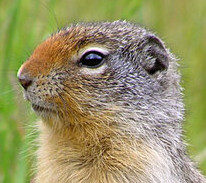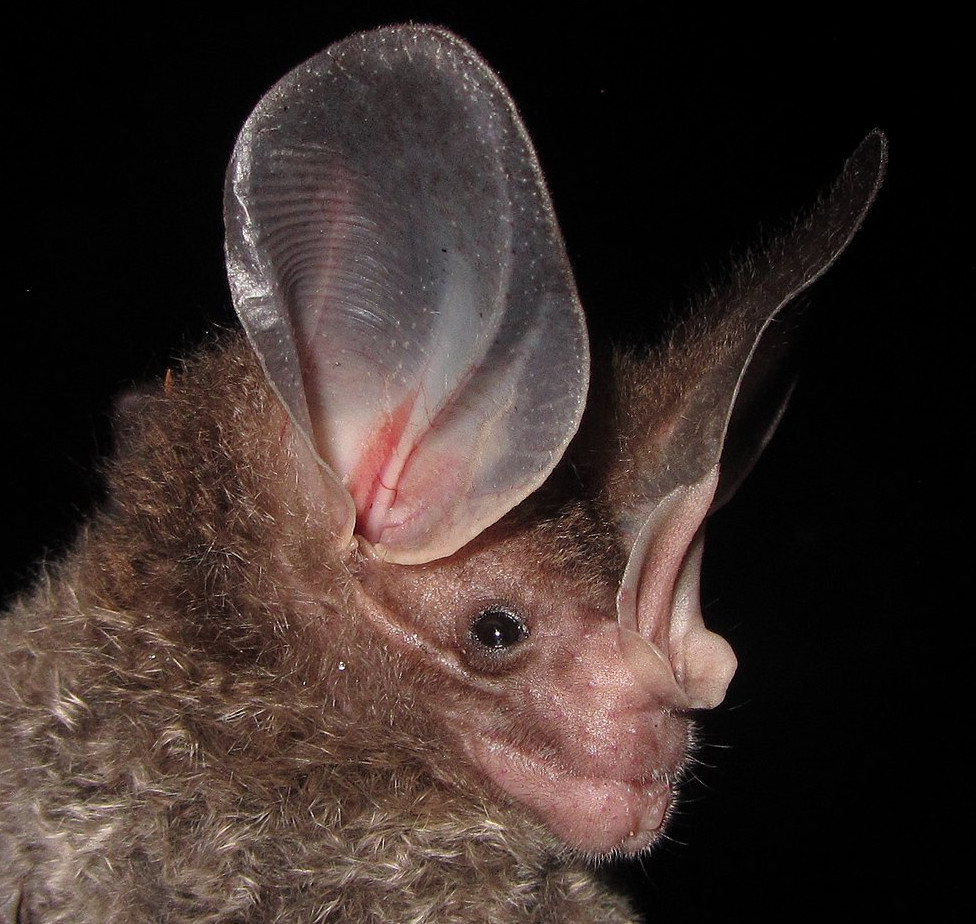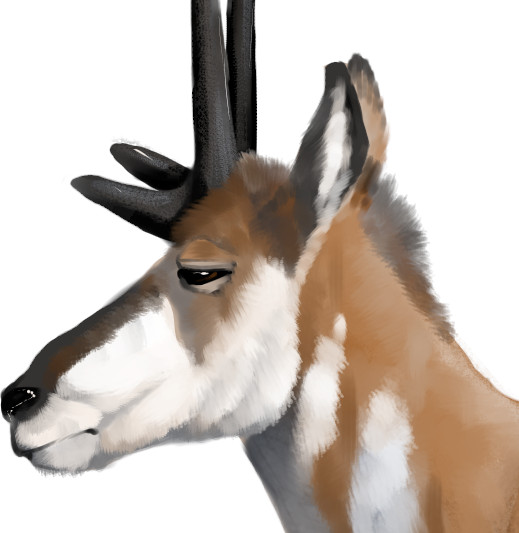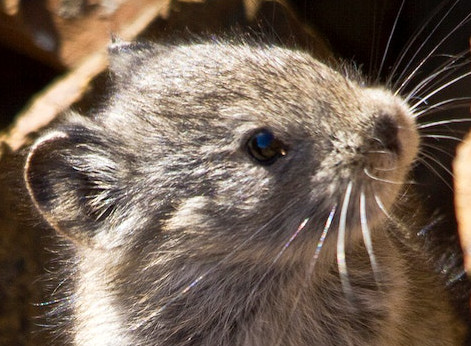Content Warning: This project contains images that some may find distressing. Images may contain prepared animal specimens representing all or parts of the animal. However there will be no blood or body fluids in these images. Natural history collections are important repositories of specimens and information about their morphological, reproductive, physiological, and behavioral properties. These data allow scientists to establish biodiversity baselines and better predict global change response. Collecting animals for scientific study is a well-established practice that follows strict guidelines on the capture, handling, use, and preservation of individuals. To learn more about these please see: https://academic.oup.com/jmammal/article/97/1/287/2459794
The Team
RANGES Team
 | Bryan McLean, University of North Carolina: Bryan is an Assistant Professor in the Department of Biology at UNC-Greensboro. He earned a PhD at University of New Mexico (2017) and was an NSF Postdoctoral Fellow at the Florida Museum of Natural History (2017-2019). He is interested in the evolution of phenotypic and life history in mammals in the context of past and present environmental change. McLean Lab Website |
 | Sharlene Santana, University of Washington: Sharlene is a Professor in the Department of Biology at UW. Her research aims to understand the mechanisms that underlie diversity in form, function, ecology, and number of species. Her work is largely focused on bats, as they are one of the most ecologically and morphologically diverse lineages of mammals and thus offer a natural experiment to investigate patterns and mechanisms of diversification. https://faculty.washington.edu/ssantana/wordpress/ |
 | Edward Davis, University of Oregon: Edward is the Director of the Condon Fossil Collection at the Museum of Natural and Cultural Science and Associate Professor in the Department of Geologic Science at UO. He is an expert in mass extinction, paleontology and the evolution of large mammals. Edward specializes in the way species respond to ongoing climate change. Most of his work is on terrestrial herbivores (plant eaters, such as antelope), but his research also expands into whales and carnivores. https://blogs.uoregon.edu/vertpaleo/ |
 | Robert Guralnick, University of Florida: Rob is the Curator of Biodiversity Informatics at the Florida Museum of Natural History, University of Florida. Rob uses an understanding of evolutionary processes to help create a roadmap for the future of life on Earth. By digitizing natural history collections and synthesizing massive datasets in accessible ways, he deepens scientific understanding of changes in biodiversity over space and time. Rob also co-leads the Notes from Nature project. https://www.gurlab.net/ |